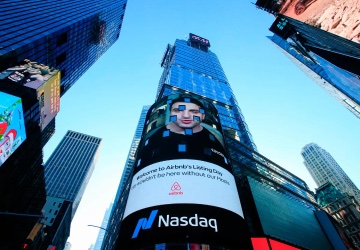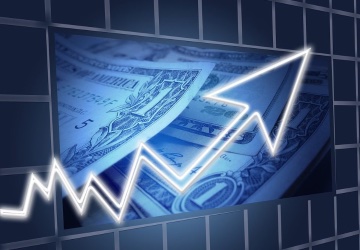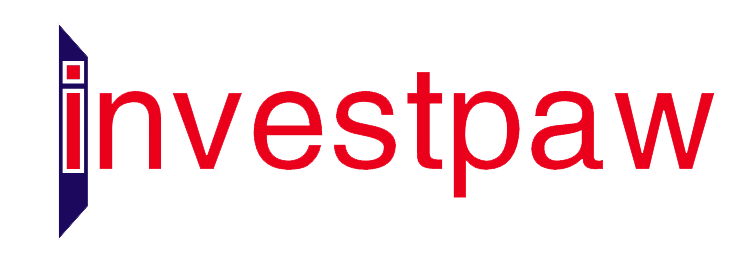A tech stock has successfully completed an initial public offering, and the company's founders were surprised to find that the value of their shares soared in the trade to well above their initial offer. When exactly did the described event take place? Some of us would have it fixed somewhere a year ago in the second half of the 1990s. On the other hand, the 1990s seemed to be returning to a brisk initial public offering (IPO) market, a modernized version of discretionary companies, and some decidedly absurd technology.

There is a fine line between fever and burns.
Tech stocks are hot right now. When it comes to the relationship between fundamentals and stock performance, Tesla Inc. is able to speak to this fact as it continues to defy logic in this area. However, the competition for newly listed tech stocks is significantly more intense than ever, with the Wall Street Journal citing statistics from Dealogic showing that the percentage increase in the IPO boom is at its highest level in the past decade.
When the market is in such a bubble, it becomes more difficult for investment bankers to execute an IPO. The consortium hopes that after the offer closes, the share price will be in a range comparable to the offer price. This ensures customer satisfaction. When something like this happens, it usually means the price is right where they need it to be.
Shares such as Airbnb, Inc. (ABNB) and Snowflake Inc. (SNOW) rose more than 100% on their first day of trading, a sign that the company has left money on the table, even as the company's own shareholders still feel Satisfied. Companies like Roblox are delaying their initial public offerings (IPOs) to better understand where to price their products to attract the most investment capital.

SPACs: A key piece in the puzzle
This year's IPO boom is largely due to the participation of special purpose acquisition companies (SPACs). PwC estimates this is the best year for IPOs since the 1990s. Raised $180 billion during the year through 242 SPACs and 183 traditional IPOs.
Blank-check companies used to be strictly speculative, but they've grown in popularity as a slew of stimulus and pandemic-suppression has sent yields plunging elsewhere. SPACs are still considered venture capital because they are often brought in to buy private companies; however, they have received more investment capital than ever before.
It's impossible to know how many quality private companies are on the sidelines, waiting for a reverse merger to take them public, but a few SPACs may have to dig deeper than investors expected. SPACs have other advantages and disadvantages, including how the companies that employ them can advertise themselves before "going public."





